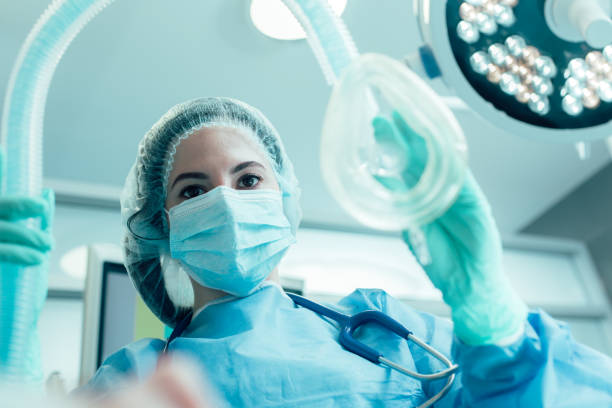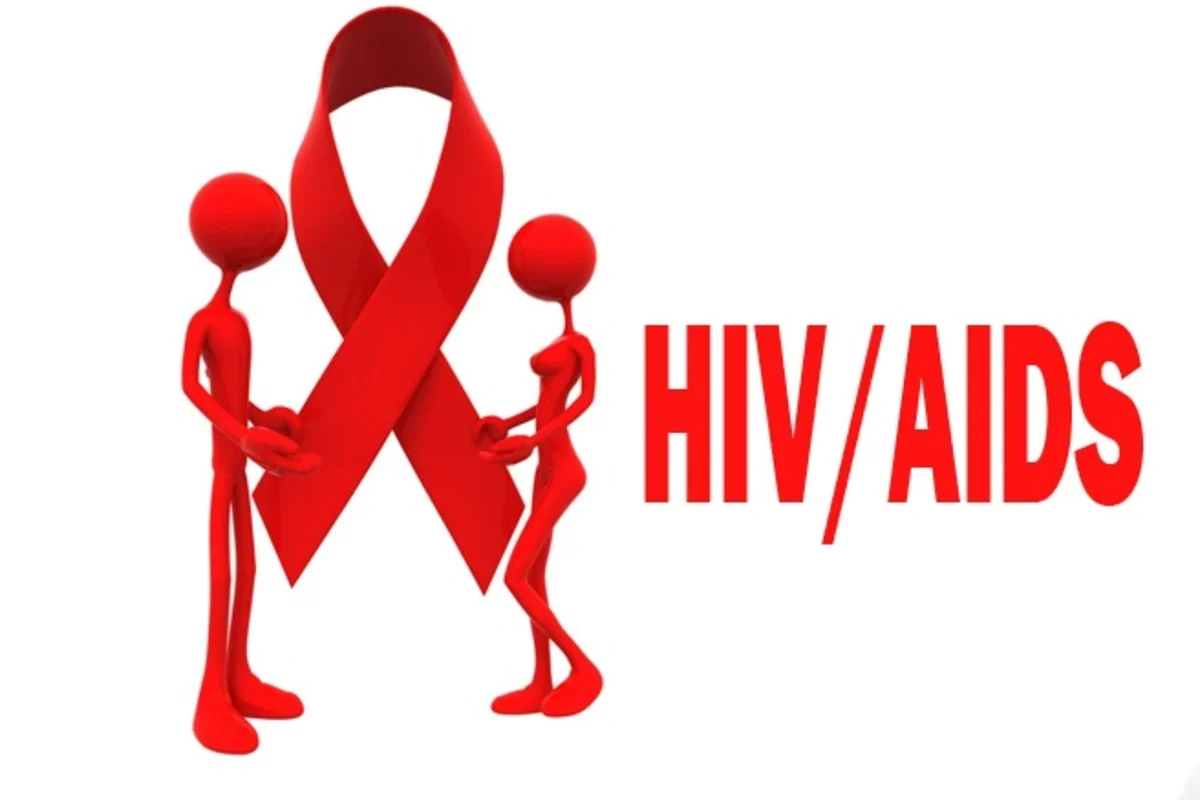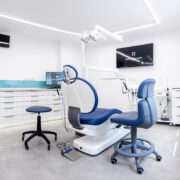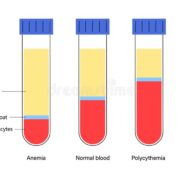We would like to take this opportunity to welcome you to the Royal Dental Clinic blog, where we will do our best to give information on all aspects of dental treatment and raise awareness about the importance of maintaining good oral health. In this article, we will shed light on the importance of dental care for individuals living with HIV/AIDS. Dental care – As dentist, we see the impact of HIV positive patient on oral health and the unique challenges these patients face. It is crucial for dental professionals to understand how to provide specialised care to ensure the well-being of our patients with HIV / AIDS.
Understand Oral Health challenge for HIV patient
Individuals living with HIV/AIDS often experience a range of oral health challenges due to their weakened immune system and potential side effects of antiretroviral therapy. Common oral health issues include oral candidiasis (thrush), periodontal disease, dry mouth, oral ulcers, and increased susceptibility to dental caries. These conditions can cause discomfort, pain, difficulty in eating, and even affect the quality of life. Therefore, regular dental check-ups are essential for early detection and effective management.
When patients visit our clinic, we conduct a thorough examination to assess their oral health and identify any specific issues related to their HIV/AIDS status. By understanding their unique challenges, we can tailor treatment plans and provide appropriate care.
Role of Oral Hygiene for HIV patient
Maintaining good oral hygiene is vital for everyone, but it becomes even more critical for individuals with HIV/AIDS. Regular brushing and flossing help reduce the risk of infections and gum diseases. Patients should be advised to use a soft-bristled toothbrush and a fluoride toothpaste. Encourage them to brush at least twice a day and replace their toothbrushes every three months or sooner if the bristles become frayed.


Additionally, proper oral hygiene practices should include regular dental visits for professional cleanings and examinations. These visits allow us to monitor the patient’s oral health closely, provide necessary treatments, and offer guidance on home care routines.
Special Consideration | Dental Treatment for HIV patient
Dental treatments for patients with HIV/AIDS require specific considerations to ensure optimal care. Dentists should be aware of the patient’s medical history, current antiretroviral therapy, and any potential drug interactions. Proper infection control protocols, including universal precautions, should be followed to minimize the risk of cross-infection.
Collaboration with the patient’s healthcare team is crucial to maintain a holistic approach to their care. By communicating with the patient’s primary care physician or infectious disease specialist, we can ensure coordinated and safe dental treatments.
Managing Oral Manifestations for HIV patient
Addressing oral manifestations associated with HIV/AIDS is an integral part of dental care. Oral thrush, for instance, can be managed using antifungal medications prescribed by the dentist or physician. Regular professional cleanings and periodontal treatments help control gum disease and prevent its progression. Additionally, saliva substitutes and oral moisturizers can alleviate the discomfort caused by dry mouth, a common side effect of some antiretroviral medications.
It is important to educate patients about the potential oral side effects of their antiretroviral therapy and encourage them to report any changes or concerns promptly. Early intervention can prevent complications and maintain oral health.
Nutritional Support for HIV patient
Proper nutrition is essential for everyone, but it becomes even more crucial for individuals living with HIV/AIDS. Dental professionals can provide guidance on maintaining a healthy diet that promotes oral and overall health. Encourage patients to consume a balanced diet rich in fruits, vegetables, whole grains, and lean proteins. Furthermore, they should avoid excessive sugar intake and acidic foods and drinks that can contribute to dental decay and erosion.
Patients with HIV/AIDS often face challenges related to appetite, taste alterations, and difficulties in chewing and swallowing. As dental professionals, we can collaborate with nutritionists and healthcare providers to develop personalized dietary plans that address these concerns. A nutritious diet not only supports overall health but also aids in maintaining strong teeth and gums.
Addressing Fear and Stigma
Patients with HIV/AIDS often face discrimination and stigma, which can deter them from seeking dental care. As dental professionals, it is our responsibility to create a safe and non-judgmental environment for all patients. Emphasize the importance of confidentiality, respect, and empathy when discussing oral health concerns. By fostering trust and understanding, we can empower individuals with HIV/AIDS to prioritize their oral health and overall well-being.
Educating the dental team about HIV/AIDS, dispelling myths, and promoting awareness can help alleviate the fears and stigma associated with the condition. By providing compassionate care and ensuring a welcoming atmosphere, we can build strong relationships with our patients and encourage regular dental visits.
Some precautions to consider while treating HIV patient
Standard infection control measures: Follow standard infection control protocols, such as wearing gloves, masks, and protective eyewear during dental procedures. Use disposable items whenever possible, and properly sterilize and disinfect reusable instruments and equipment.
Medical history and disclosure: Obtain a detailed medical history from the patient, including their HIV status. Respect patient confidentiality and privacy. Patients should be encouraged to disclose their HIV status, as it allows dental professionals to take appropriate precautions.
Universal precautions: Apply universal precautions consistently for all patients, regardless of their HIV status. Treat all patients as potentially infectious and handle blood and body fluids with care to minimize the risk of transmission.

Personal protective equipment (PPE): Wear appropriate PPE, including gloves, masks, protective eyewear, and gowns, to protect against potential exposure to blood or body fluids. Use new, disposable PPE for each patient and discard it properly after use.
Needle stick and sharps injuries: Take precautions to prevent needlestick and sharps injuries. Handle needles and sharps with care, use safety devices when available, and dispose of them in puncture-resistant containers immediately after use.
Post-exposure protocols: Establish and follow appropriate post-exposure protocols in case of accidental exposure to blood or body fluids. Promptly report any incidents and seek immediate medical evaluation and follow-up as necessary.
Conclusion
Providing specialized dental care for patients with HIV/AIDS is crucial in ensuring their oral health and overall quality of life. By understanding the unique challenges they face and implementing appropriate strategies, dental professionals can contribute to their well-being. Regular check-ups, proper oral hygiene practices, management of oral manifestations, and nutritional support all play significant roles in maintaining optimal oral health for individuals living with HIV/AIDS. Let us continue to promote awareness, fight stigma, and provide compassionate care to enhance the lives of our patients. Remember, a healthy smile knows no boundaries!
© All rights reserved by Royal Dental Implants Pvt Ltd
Issued in public interest






